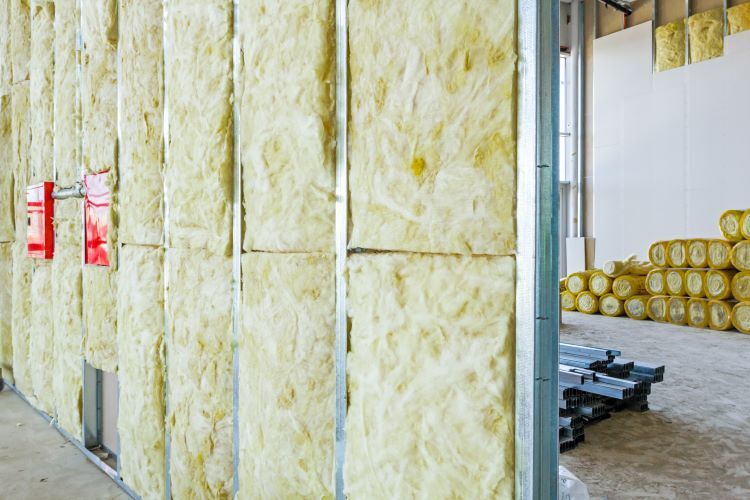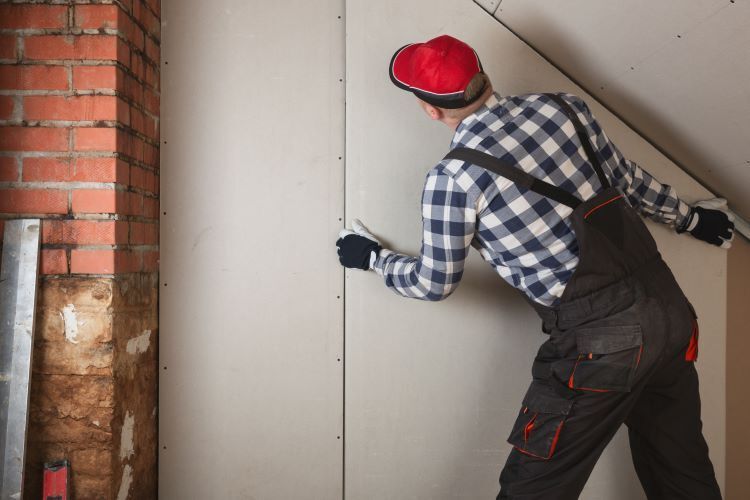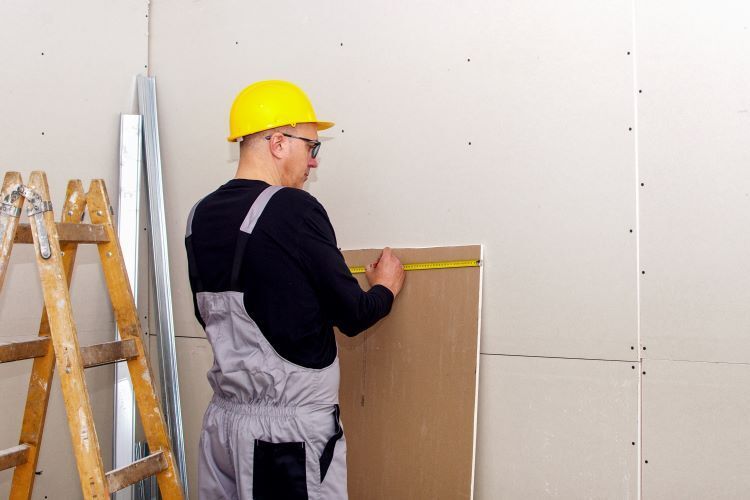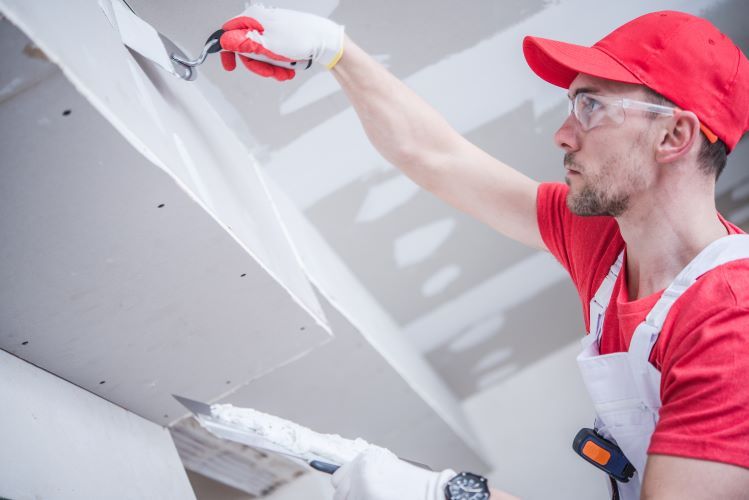Exploring Drywall Insulation

When it comes to enhancing the comfort, energy efficiency, and overall value of your home, proper insulation is key. Drywall insulation plays a critical role in maintaining a comfortable indoor environment, reducing energy costs, and even providing soundproofing benefits. At Barrie Drywallers, we understand the importance of selecting the right insulation for your home. In this blog, we'll discuss why drywall insulation is essential and explore the different types of insulation available to homeowners.
Why Drywall Insulation is Important
- Energy Efficiency One of the primary benefits of drywall insulation is its ability to improve your home's energy efficiency. Insulation helps to maintain a consistent indoor temperature by reducing the amount of heat that escapes in the winter and enters in the summer. This results in lower heating and cooling costs, as your HVAC system doesn't have to work as hard to maintain a comfortable temperature.
- Comfort Proper insulation contributes significantly to the overall comfort of your home. By reducing drafts and temperature fluctuations, insulation ensures that every room in your house remains cozy and pleasant, regardless of the weather outside.
- Soundproofing Drywall insulation also provides soundproofing benefits, making your home quieter and more peaceful. Insulated walls can help to block out external noise, such as traffic or neighborhood activities, and minimize sound transfer between rooms, creating a more serene living environment.
- Moisture Control Certain types of insulation can help manage moisture levels within your walls, preventing issues such as mold and mildew growth. This is particularly important in areas with high humidity or where moisture ingress is a concern.
- Environmental Impact Using proper insulation can also reduce your home's carbon footprint by decreasing energy consumption. Many modern insulation materials are made from recycled or sustainable sources, further contributing to environmental conservation.
Different Types of Drywall Insulation
- Fiberglass Insulation
Fiberglass insulation is one of the most common types of insulation used in residential homes. It consists of fine glass fibers and is available in batts, rolls, or loose-fill forms. Fiberglass insulation is known for its affordability, fire resistance, and effectiveness at reducing heat transfer.
Pros:
- Cost-effective
- Easy to install
- Good thermal performance
- Fire-resistant
Cons:
- Can be irritating to skin and lungs during installation
- Requires precise installation to avoid gaps
- Cellulose Insulation
Made from recycled paper products, cellulose insulation is treated with fire retardants for safety. It is typically blown into walls, attics, and other cavities using specialized equipment.
Pros:
- Environmentally friendly
- Excellent at filling gaps and hard-to-reach areas
- Good thermal and soundproofing properties
Cons:
- Can settle over time, reducing effectiveness
- Requires professional installation
- Spray Foam Insulation
Spray foam insulation expands upon application, filling cavities and creating an airtight seal. It is available in open-cell and closed-cell varieties, with closed-cell offering higher density and better insulation properties.
Pros:
- Superior thermal performance
- Excellent air and moisture barrier
- Adds structural strength to walls
Cons:
- Higher cost
- Requires professional installation
- Can off-gas during curing process
- Mineral Wool Insulation
Also known as rock wool or slag wool, mineral wool insulation is made from natural stone or industrial waste. It is available in batts or loose-fill form and is known for its fire resistance and soundproofing qualities.
Pros:
- Highly fire-resistant
- Good soundproofing
- Water-resistant
Cons:
- More expensive than fiberglass
- Heavier and harder to cut
- Foam Board Insulation
Foam board insulation consists of rigid panels made from polystyrene, polyisocyanurate, or polyurethane. It provides good thermal resistance and is often used in exterior wall sheathing and basement walls.
Pros:
- High insulating value per inch
- Lightweight and easy to handle
- Provides moisture resistance
Cons:
- Can be more expensive than other types
- Requires careful sealing at joints to be effective
Conclusion
Choosing the right type of drywall insulation is crucial for maximizing the comfort, efficiency, and longevity of your home. At Barrie Drywallers, we are committed to helping you find the best insulation solution to meet your needs. Whether you're looking to reduce energy costs, improve soundproofing, or enhance overall comfort, our team of experts is here to guide you through the process and ensure a professional installation.
Barrie Drywallers is your trusted local expert for all drywall and insulation needs in Barrie, Ontario. Contact us today to schedule a consultation or to learn more about our services.
You Might Also Enjoy:



Contact Us!
